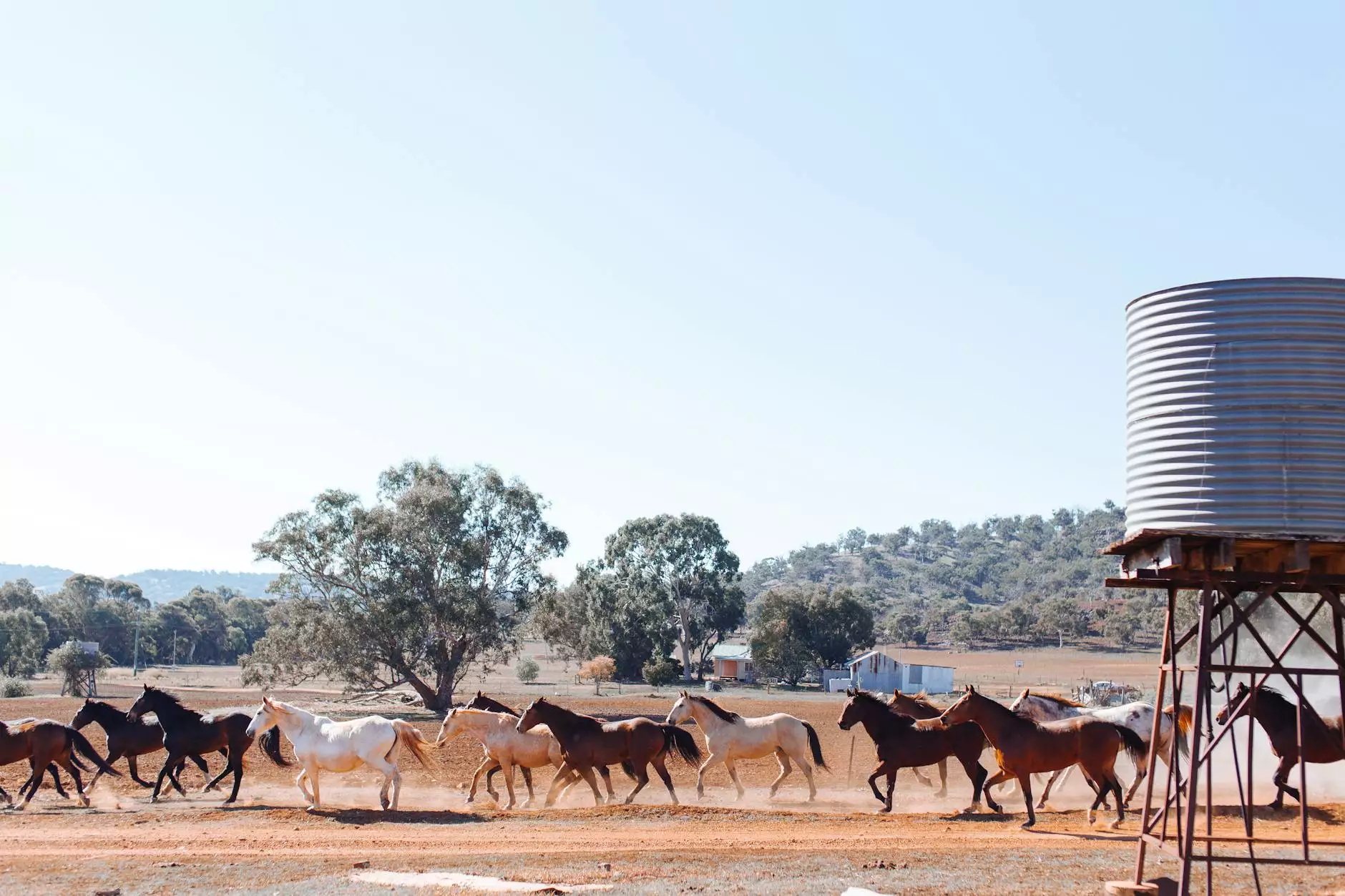Understanding Arthramid for Horses Cost: Comprehensive Guide to Equine Health

When it comes to maintaining the health and vitality of our equine companions, understanding the cost and benefits of treatments like Arthramid is crucial. This article delves deep into the details of Arthramid for horses cost, its applications, and its advantages in enhancing joint health in horses.
What is Arthramid?
Arthramid is a unique veterinary product designed to alleviate joint pain and manage osteoarthritis in horses. It is a biocompatible and biodegradable injectable treatment made from a water-based gel. It is infused with non-inflammatory properties that can provide effective relief for horses suffering from joint discomfort.
The Science Behind Arthramid
Arthramid works by supplementing the natural cushioning in the horse's joints. The hydrogel acts as a lubricant, reducing friction and providing a cushioning effect where it is most needed. When injected into the affected area, it can greatly improve mobility and comfort, allowing horses to perform optimally.
Why Consider Arthramid for Your Horse?
The benefits of using Arthramid extend beyond just pain relief. Here are several compelling reasons why it has become a preferred option for many equine health professionals:
- Long-lasting effects: Unlike some treatments that provide only temporary relief, the effects of Arthramid can last for several months.
- Minimal side effects: Arthramid has been shown to have a favorable safety profile, with few adverse reactions reported.
- Improved quality of life: Horses experiencing less pain are more likely to engage in regular activity, thus improving their overall well-being.
- Quick recovery time: Many horses can return to their regular activities shortly after treatment.
Understanding Arthramid for Horses Cost
One of the most pressing questions for horse owners considering treatment is the cost of Arthramid for horses. Prices can vary based on several factors:
Factors Influencing the Cost
- Veterinary Fees: The cost of the injection procedure varies depending on your veterinarian's rates, which can vary regionally.
- Geographic Location: Prices may differ significantly based on the location of the practice; urban centers may have higher costs compared to rural areas.
- Dosage Required: The severity of your horse’s condition will influence how much product is required.
- Additional Treatments: If your horse requires additional therapies or follow-up visits, the overall cost could increase.
On average, the cost of Arthramid for horses can range from $200 to $500 per injection, depending on the factors mentioned above. It is important to discuss treatment options with your veterinarian, who can provide a precise estimate based on your horse's specific needs.
Investing in Your Horse's Health
While the upfront cost of Arthramid might seem significant, many owners find that the long-term benefits far outweigh these initial expenses. Investing in joint health and mobility is essential, particularly for competitive horses or those engaged in rigorous physical activity.
Comparative Benefits over Traditional Treatments
Comparing Arthramid with traditional pain relief medications, such as non-steroidal anti-inflammatory drugs (NSAIDs), showcases several advantages:
- Targeted Treatment: Arthramid offers localized relief directly at the site of pain, while NSAIDs may affect the entire system.
- Lower Long-term Costs: Although initial costs are higher, the extended effects of Arthramid may reduce the need for multiple treatments and medications.
- Improved Performance: Horses treated with Arthramid often show more dramatic improvements in performance, leading to fewer injuries and potentially lower veterinary costs over time.
How to Administer Arthramid
The administration of Arthramid should always be performed by trained veterinary professionals. The process typically involves several key steps:
Administering the Treatment
- Consultation: Schedule a thorough veterinary examination to assess your horse’s condition.
- Injection Site Preparation: The veterinarian will prepare the injection site to minimize the risk of infection.
- Injection: The Arthramid gel is injected into the affected joint or synovial space.
- Post-Injection Care: Follow-up care instructions will be provided to ensure optimal recovery.
Post-Treatment Care for Horses
After administering Arthramid, it's vital to follow post-treatment care instructions to ensure the









